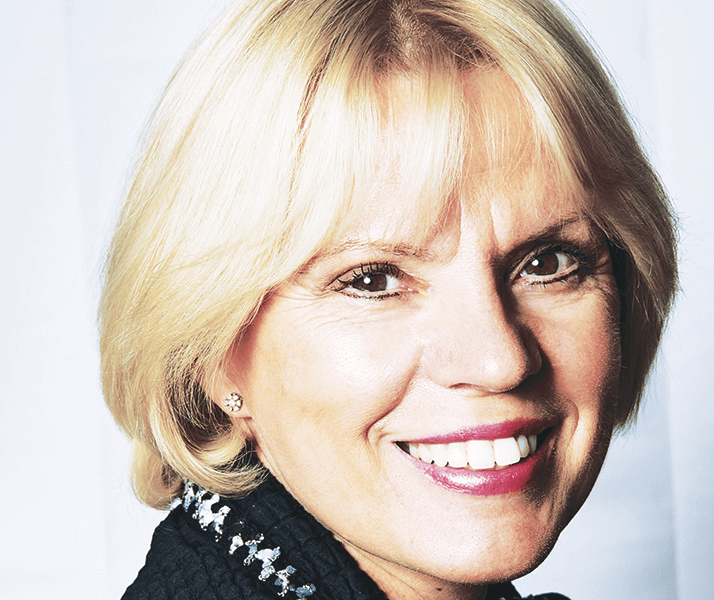On becoming a full professor just four years after completing her PhD
“In Finland, positions for professorships are completely open. I was one of ten competitive applicants – and the only woman. The other nine were already associate professors. The application process uses outside evaluators – in our case, four very well respected and well-known international professors – whose role is to independently assess the quality of publications. They decided that, even though I was young, I was of the right caliber. But the faculty makes the final decision based on those assessments and, to tell the truth, I was the second choice; the first, an electrochemist, accepted a professorship at his current university, and so the position was offered to me. Even still, I feel the faculty was quite modern in its thinking back then.”

Marja-Liisa Riekkola
On being a role model:
“Well, I was the first female full professor in Finland – and when I started I was also pregnant. The majority of the science faculty was male and they didn’t really know how to handle a pregnant professor. But I proved that gender didn’t matter – it is the results that count. I was also involved in an EU project – “Advanced Training for Women in Scientific Research” – where I mentored a younger female scientist in career development amongst other things. Actually, the interesting discussions we had were also helpful for me.”
How analytical chemistry changed over the years:
“In many fields, researchers have understood not only the value of chemistry, but that analytical chemistry and its associated techniques are an absolute requirement. Each year, I notice the increase of students from different disciplines attending my chromatography lectures. Biology, ecology, physics – they have all started to understand how important analytical chemistry is. I think we are much more appreciated nowadays.”




